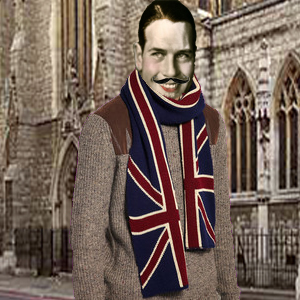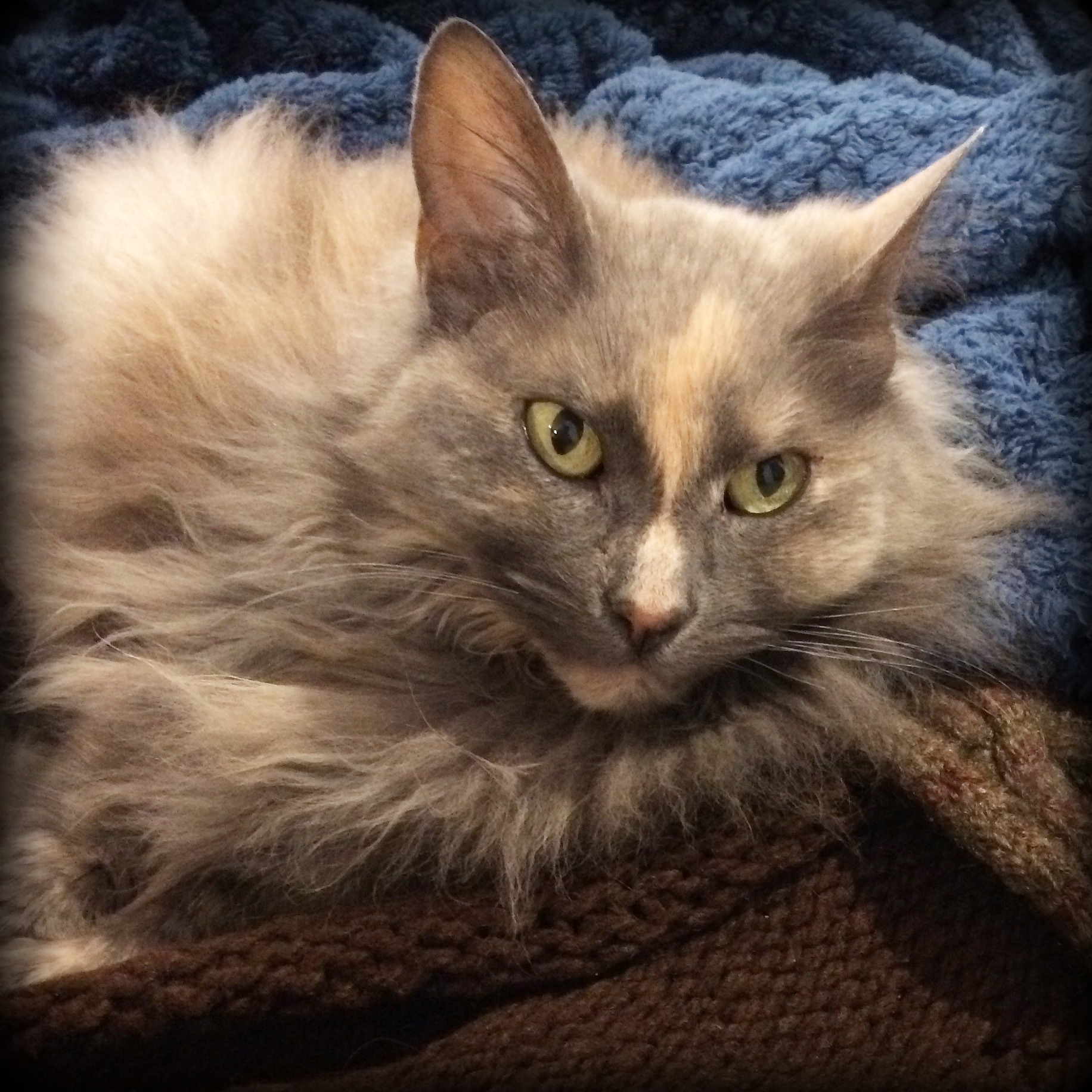England has had it’s fair share of Kings and Queens, some good, some bad and some positively awful. Here is a brief history of some of them.
It all started with Alfred the Great in 849. Before that English people had muddled through by themselves. They must have been so excited when Alfred came along to tell them what to do. He is famous for apparently burning some cakes. I don’t really know how, or why, but probably because gas hadn’t been invented.
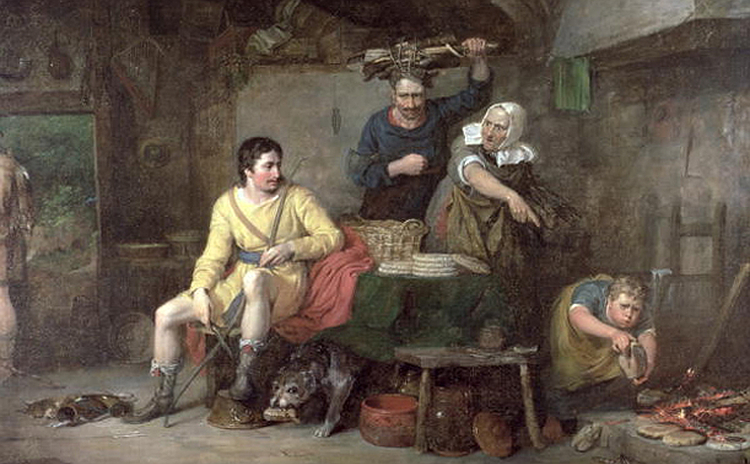
Then from 899 we had loads of King’s beginning with ‘E’, and a few beginning with ‘H’ up till 1066.
That was when William the Conqueror conquered. To celebrate, he not only shot an arrow into King Harold’s eye (ouch!), but he also embroidered a huge tapestry. It must have taken him ages. God knows how he found the time.
The next interesting King was Henry II, and that’s because he accidentally got a saint killed. Thomas Becket wasn’t a saint at the time, but was made one later. Henry II said something like, ‘who will rid me of this troublesome priest’, so someone did. Later, when the public didn’t like him anymore, Henry said it had all been a terrible misunderstanding and that he had just been ruminating (just loud enough for three knights who just happened to be in the vicinity at the time to overhear him). What bad luck! In fact there have been a lot of terrible misunderstandings in English Heraldry. I think Kings and Queens probably don’t speak clearly enough, because they think they don’t have to. A good case in point is our next featured monarch.
Edward II had a very nasty accident in 1327 with a red hot poker. His silly servant, who was holding the poker at the time, completely misheard him when Edward, whilst kneeling down in front of the fire, asked for a, ‘cup of rum’, and all of a sudden poor Edward’s eyes were bulging. Children, that’s what can happen if you don’t speak clearly. One minute you can be warming yourself in front of the fire and next thing you know you’ve got a poker up your bum.
English monarchy has had a lot of Henry’s, eight in all, and a lot of those came next. But then came a King who fought in the War of the Roses. This was a war where everyone fought each other with flowers. It was ever so nice, and England smelled lovely at the time. But then a horrible accident happened.
There was this chap called Richard, Duke of Gloucester. Richard lost his two mischievous nephews in what was nothing more than a freak mishap. Rumour has it that he was playing hide and seek with them, closed his eyes for the customary ten seconds, and when he opened them again discovered the boys had hidden themselves under ten feet of earth beneath the staircase. Typical kids! However, Richard was rather embarrassed as you can imagine, and did feel quite responsible due to the fact he was Lord Protector at the time. His job was to protect the boys, but as he had failed miserably, he understandably tried to cover up the accident by telling everyone the boys had been sent on holiday to Wales. On the plus side he did go from Duke of Gloucester to King Richard III, which was nice, but he died in 1485 asking for a horse ( personally I think a doctor would have been more useful), but be that as it may Henry VII then became King.
Henry VII is famous for being the father of Henry VIII.
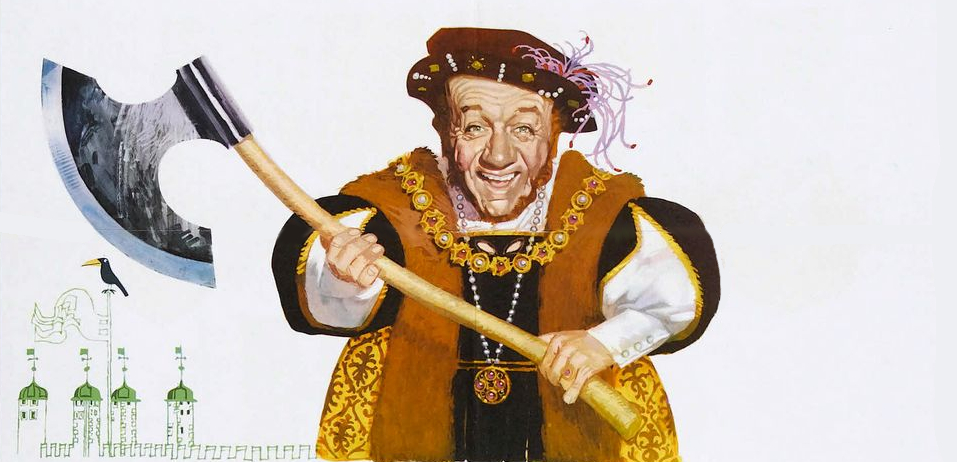
Henry VIII is probably out most famous King because he had six wives (some men never learn). Thankfully for him The Matrimonial Causes Act was a long way off, so spousal maintenance wasn’t really an issue and the country wasn’t bankrupted. Henry VIII is also famous for killing a lot of people, including two of his wives. He didn’t do it personally, but got other people to do it for him (nowadays we would term it, ‘contract killing’).
Henry’s three children also killed a lot of people, possibly because it seemed the thing to do at the time, even if they were relatives. The most famous of his children is Elizabeth I, who is also our most famous Queen. She was actually a man, or possibly hermaphrodite. Either way it explains why she never got married (imagine the shock her poor husband would have had)!
So because Elizabeth didn’t have children England was forced, in 1603, to interact with savages (otherwise known as Scottish people). Sadly we couldn’t understand a word they said, and still don’t. That led to a further horrible misunderstanding in 1649. Charles I kept shouting ‘NOOOOW GUILTA, NOOOOW GUILTA’, but sadly his judges and jury misunderstood the plea and chopped his head off. It goes to prove that the language barrier can be frightfully dangerous given the wrong set of circumstances. It even created a Republic for a while.
But then came a number of other Stuart Kings (including one who loved oranges), and a Queen. Queen Anne really let the side down. She gave birth to around 165 children and none survived (if that happened nowadays Social Services would have got involved). One of Queen Anne’s babies was even unlucky enough to be buried with Henry VIII (as if infant mortality wasn’t bad enough)!
After Anne came the Germans. Lots and lots and lots of Georges, including one who thought he was a sausage.
Eventually we got another Queen called Victoria. She also had a lot of children, but they all survived to become a bit of a drain on the Civil List some years later.
Our current Queen is Elizabeth II and she’s been Queen since before I was born and is about to celebrate her 141th birthday. She has a son who speaks to trees, another one who used to play with helicopters but now spends his career irritating foreigners as an ambassador, a daughter who opens things and another son who…….well I don’t quite know what Edward does.
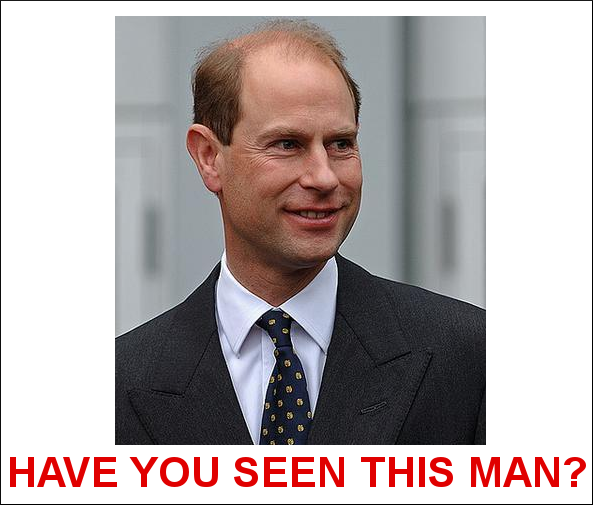
So that’s the history of the monarchy. We’ll be having a Charles III any day now, to be followed by a William V and then a George VII. So what have we learnt? Well, royal people have no imagination when it comes to naming their children.
Edward “Eddie” Boverington is a freelance moustachioculturalist and professional cobbler, a student of history, and in his spare time composes medieval inspired poems and lute ballads in the 16th century style. He grew up in Clapham in the 1950s, where he still lives above his family’s shoe repair shop. Some of his moustache designs have won awards in prestigious international competitions, such as Le Concourse de Bacchantes et Moustaches de Francais. He can also polish, recondition and resole even the finest boots overnite for only £25.


